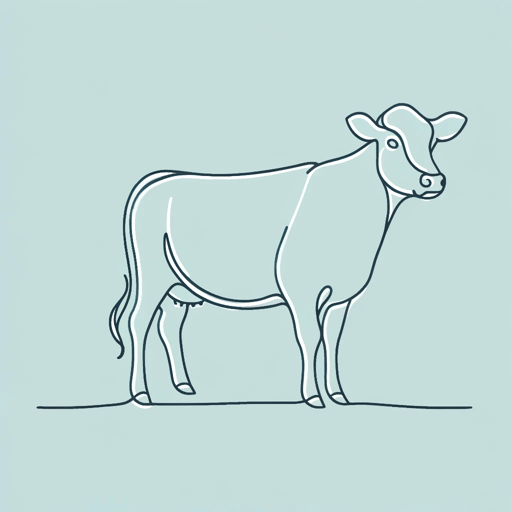33 pages • 1 hour read
John Bul DauGod Grew Tired of Us
Nonfiction | Autobiography / Memoir | Adult | Published in 2007A modern alternative to SparkNotes and CliffsNotes, SuperSummary offers high-quality Study Guides with detailed chapter summaries and analysis of major themes, characters, and more.
Important Quotes
“Sudan is a huge country, the largest in Africa. It covers 966,000 square miles, roughly equal to the area of Western Europe. Its first census, taken around the time it gained independence at the beginning of 1956, indicated slightly more than ten million residents divided among 572 tribes speaking 114 languages. The largest ethnic group by far is the Arab population in the Muslim north. Dozens of tribal groups compete for a voice in government. The Dinka represent the largest of the minorities, with roughly two million people today.”
(Chapter 1 , Page 15)
This opening description establishes the setting and one of the memoir’s main tensions. The fighting between the Muslim north and the Christian south is the catalyst for Dau’s cross-country journey to find refuge. Though the fighting is religious in nature, with the Muslim majority trying to enforce Sharia law, Dau stays true to his Christian faith throughout his tumultuous and tragic experiences.
“Our culture centers on cows, so much so that they sustain us from day to day and figure into our initiation into adulthood, our courtship, and the very continuation of our lives from one generation to the next.”
(Chapter 1 , Page 19)
Here Dau explains the significance of cows in his culture. The Dinka are considered cattle herders, but their reverence for their cows extends beyond sustenance and livelihood. Cows stand at the center of everyday Dinka life; not only do young men sing love songs about their cows when they’re courting young women, but adult men often spend their days and nights caring for their cattle’s daily needs. The young men in the village live with the cows at cattle camps during the dry season, and during wet season the cows live beside their masters in adjoined huts. Much of Dinka folklore and many Dinka traditions are also centered on cattle, which instills the importance of cows in the Dinka from one generation to the next.

